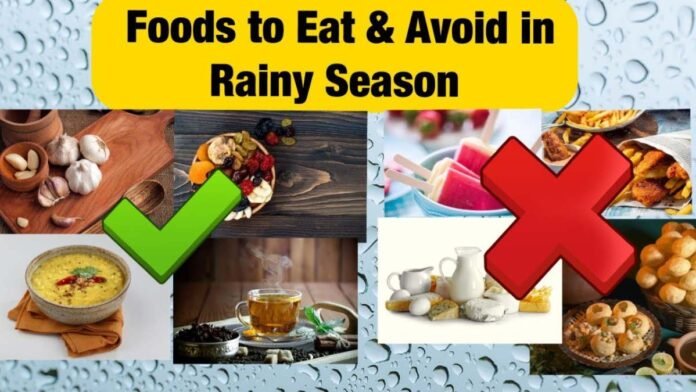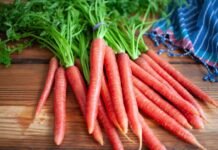The rainy season is loved by many. Enjoying a cup of hot beverage with hot snacks and comforting foods in rainy weather is mostly loved by everyone. However, monsoon also brings a host of health challenges, particularly related to food. To avoid potential health risks of water-borne and airborne diseases, it’s wise to understand which food items to avoid and which ones to eat during the monsoon.
Foods to Eat During Monsoon Season
During monsoon, the first principle to follow while consuming certain foods and vegetables is that all should be consumed preferably within the first hour of cooking. Always remember that everything should be consumed fresh.
Secondly, all food prepared must have to be rich in vitamin C, antioxidants and soluble fibres. Opt for Whole vegetables where you peel off the outer skin.
These are ideal due to their high-water content and nutritional benefits.
Examples -bottle, bitter gourd, ridge gourd, ivy gourd, carrots, cluster beans, green peas, and pumpkin. Other vegetable choices that are alkaline include cucumbers and radish.
Eat boiled, blanched or sauteed veggies. Root vegetables such as carrots, beetroot, and radish are also beneficial as they aid in detoxification and provide essential vitamins.
Fruits like apples, pears, pomegranates, and bananas are recommended for their fibre content and digestive benefits.
Additionally, incorporating spices like ginger, garlic, turmeric, cumin, and black pepper can help enhance immunity and digestion.
Warm foods like soups and herbal teas, along with probiotic-rich yoghurt and fibre-rich options like oats and brown rice, are also excellent choices to keep your body healthy and resilient during the rainy season.
Vegetables and food to avoid during monsoon
Consuming certain foods during this time may lead to digestion problems.
Here is the list you must be aware of:
Leafy vegetables like lettuce and spinach can spoil quickly in humid weather, becoming breeding grounds for germs.
Avoid Cauliflower, Eggplant, and broccoli as they are very prone to attract pests and worms.
Avoid Bell peepers as they can cause nausea, vomiting, diarrhoea, and breathing problems if consumed in monsoon due to their chemical tendency.
Salads are healthy throughout the year but in monsoon avoid raw veggies salads and sprouts as they may contain a high number of microbes due to dirt, which can lead to gastrointestinal issues.
Additionally, it’s wise to avoid seafood during the monsoon because the water bodies are more likely to be contaminated, increasing the risk of foodborne illnesses.
Fried and oily foods can be harder to digest during humid weather, potentially causing discomfort and digestive issues.
Street food and uncovered food items are more susceptible to contamination during the rainy season, increasing the risk of foodborne illnesses.






